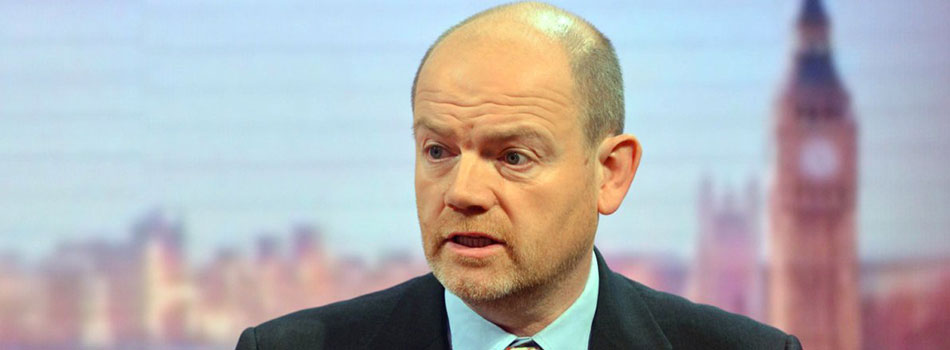Today is Mark Thompson’s last day as Director General of the BBC. Many within the BBC, and many like me who left the BBC during his tenure, will be happy to see him go.
The BBC is unique in many ways, particularly in the way it is funded. I can think of no other large corporation that knows precisely what its minimum income will be for many years into the future. Yet the BBC still can not get the figures to add up. I worked for the BBC in the 1970’s, and after three years with BBC Radio Merseyside was advised by the then manager, Ian Judson, to look for work with the commercial radio sector. He told me that he didn’t want to see me go, but that local radio funding was being cut back and he was forced to give me less work as a freelancer. I did find work in the commercial sector. I returned to the BBC in 2000, and worked for them for ten years. During that time there were many times when cutbacks were again made, I remember the head of the BBC North East and Cumbria region tearfully announcing compulsory redundancies as funding was once again being cut.
How is that possible when the BBC know what its income is? It then goes on to make even more money, above the licence fee agreement, from selling programmes to other broadcasters world-wide. The answer must simply be incompetence. Millions of pounds have been wasted during Mark Thompson’s tenure. The ill-fated move to Salford is an example. The facilities they now have at Salford are excellent, and an asset, but who in their right mind would move the BBC’s flagship daily Breakfast show, so reliant on regular guests, to a backwater of Manchester? The result is that many more of their guests now appear on a screen from a London Studio, rather than sitting on the couch with that day’s presenters. What for the viewers, was the benefit of moving the entire breakfast team to Salford? None that I can see, but a massive cost to the BBC. Since the move, the BBC’s annual bill for hotel accommodation in Salford has increased 17-fold to just under £1M. A ridiculous waste of money.
For many Mark Thompson’s time at the BBC will be viewed as the time of massive job losses. He leaves with morale in the BBC at an all time low. BBC staff are sick to death of the constant fear that the axe hangs over their heads.
The new Director General is George Entwistle. His first task will be to improve morale, his second to shift the BBC’s huge income into making quality programmes rather than spending hundreds of millions of pounds on property. Salford is one example, White City another not to mention the massive reconstruction project at Broadcasting House. Mark Thompson was paid £622,000 in his final year at the BBC. To put that in perspective, the total annual licence fee of nearly 5,000 homes in the UK went straight into Mark Thompson’s pocket. I am pleased that George Entwistle’s salary, £450,000, is less than that of Mark Thompson, not much less admittedly, but it’s a start.
I wish George Entwistle well and hope he can turn round the morale problem within the BBC. As for Mark Thompson, I shed no tears at his departure. Thompson has a new job as Chief Executive and President of the New York Times. If you want to read the New York Times there are apps for all smartphones and tablets, so that you can take out a digital subscription. I’ll not bother.

The BBC has a supposedly powerful Governing Body, drawn from all walks of business life. Either they let the DG do entirely as he wishes, or they share his view, or…probably more possible…they don’t really have any power. It is a pity that Individuals (bankers, BBC DGs etc) can affect the lives of millions, and toy with our money, and get paid handsomely for their mistakes. Too few people hold too little power in big institutions. I remember Aubrey Singer having a good go at curtailing the BBC in the late 70s too.
I remember Aubrey Singer well. He changed my life. If it weren’t for him, I wouldn’t have moved to the North East. He was the one wielding the axe in those days, slashing Ian Judson’s budget so that he could no longer pay freelancers.
I suspect that the DG largely gets his own way and that the Governing Body are not a lot more than symbolic, in the same way that the Government has power, the Monarchy doesn’t.